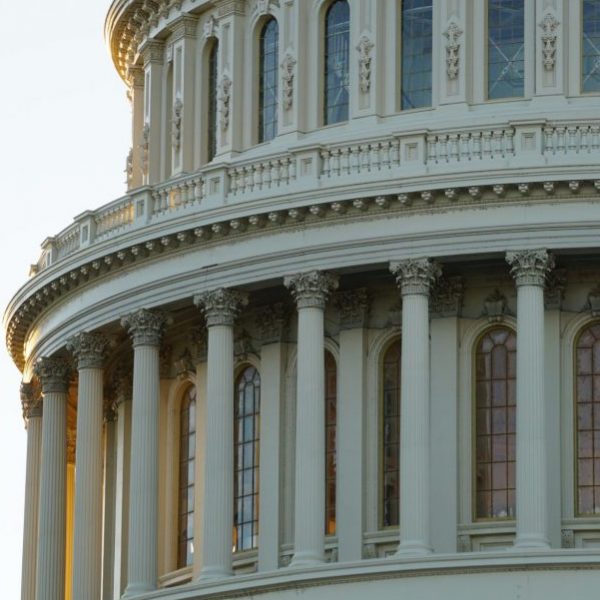Paul Starr on American Health Care Reform

Paul Starr at the Intelligence Squared U.S. debates, January 11, 2011, credit Chris Vultaggio
Following his 1984 Pulitzer Prize-winning book, The Social Transformation of American Medicine, Paul Starr has written a new in-depth account of the developing health care reforms since, with an insider’s perspective from his days as senior advisor to President Clinton on health care policy. The book, Remedy and Reaction: The Peculiar American Struggle over Health Care Reform, addresses the history of how and why health care is more of a flashpoint in America than in any other democracy, tracing reform from its beginnings to its current uncertain prospects. Given the timeliness of the issue in current political debates, not to mention the recent history and influence of Romney-led Massachusetts reform on the Democratic model, we sat down with Starr to pick his brain about how far—relatively speaking—we’ve come and where we have yet to go.
Yale University Press: What do you most want people to understand from reading this book?
Paul Starr: I hope the book illuminates how an issue that is more or less settled in every other democracy became a seemingly intractable political problem in the United States.
It did not have to turn out this way. The legislation adopted in 2010 has its roots in moderate Republican proposals. But America’s polarized politics make it difficult to see the reforms clearly and put them in historical perspective. I hope the book helps to provide that understanding.
YUP: What’s the relationship of Remedy and Reaction to your 1984 book, The Social Transformation of American Medicine?
 PS: In some ways it’s a sequel, but each of its three parts has a somewhat different foundation. Part One, about how health-care reform and the health-care system took shape during the twentieth century, presents the same kind of social and historical analysis as Social Transformation did.
PS: In some ways it’s a sequel, but each of its three parts has a somewhat different foundation. Part One, about how health-care reform and the health-care system took shape during the twentieth century, presents the same kind of social and historical analysis as Social Transformation did.
But Part Two, which deals with the parallel stories of the Clinton health plan and Republican health reforms in the Gingrich and Bush years, also reflects my observations inside the Clinton White House. That’s a kind of experience not usually available to historians.
Finally, Part Three, about the battle over health-care reform under Obama, combines journalism and historical analysis because it draws on interviews with participants, many of whom I know from my prior time in Washington.
YUP: Why did Obama succeed where Clinton failed?
PS: Between 1993 and 2009, the biggest change was the emergence of a consensus about the basic elements of legislation among reformers, major interest groups, and leading Democrats in Congress. The reforms adopted in Massachusetts in 2006 as a result of Mitt Romney’s leadership were critical in shaping that consensus. Obama accepted that approach; he didn’t originate it. Romney probably deserves more credit for the basic architecture of the national reforms, and I hope one day he proudly accepts that credit.
YUP: Didn’t Obama’s leadership matter?
PS: If Obama hadn’t decided to make health-care reform a priority as president, it would never have passed. Why did he take it on? His earlier history didn’t indicate a deep commitment to health-care reform. I think the 2008 presidential campaign was crucial because of the pressure from the party base to confront the issue, plus an accident of history: he ran into Hillary Clinton on the way to the nomination, and debating her forced him to master health policy. Perhaps most important, the support for reform from key stakeholder groups and members of Congress changed the political calculus on health care. That’s what made it a better bet than climate legislation.
Paul Starr is professor of sociology and public affairs, Princeton University, and co-founder and co-editor of The American Prospect. His 1984 book The Social Transformation of American Medicine won the Pulitzer Prize for Nonfiction and the Bancroft Prize in American history. A senior advisor on health policy in the Clinton White House, he writes frequently on national politics. You can follow Remedy and Reaction on Facebook.



